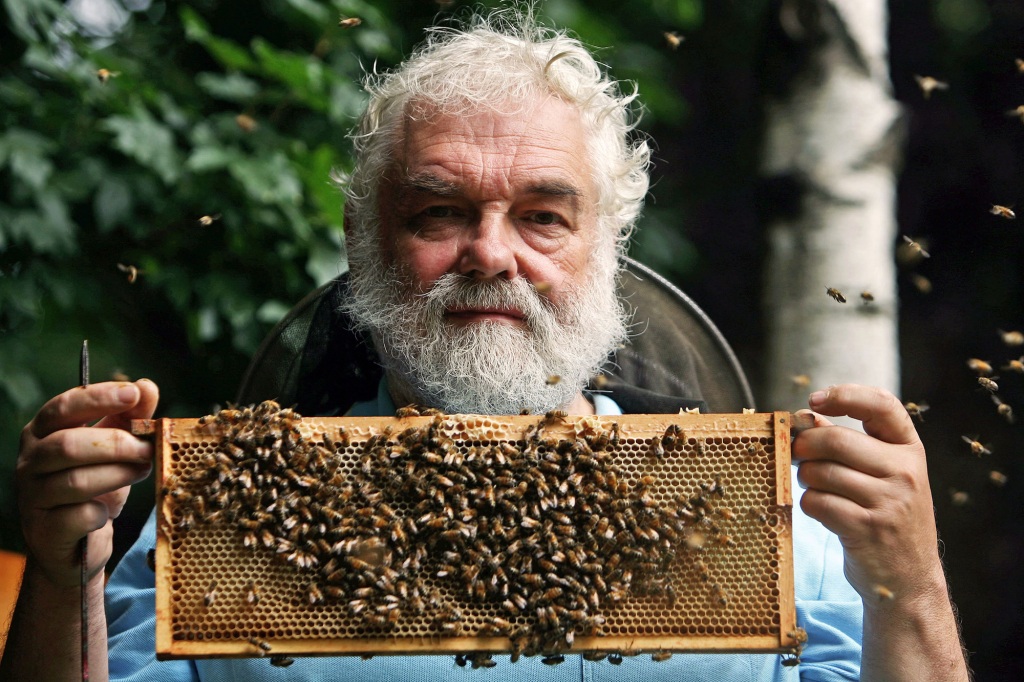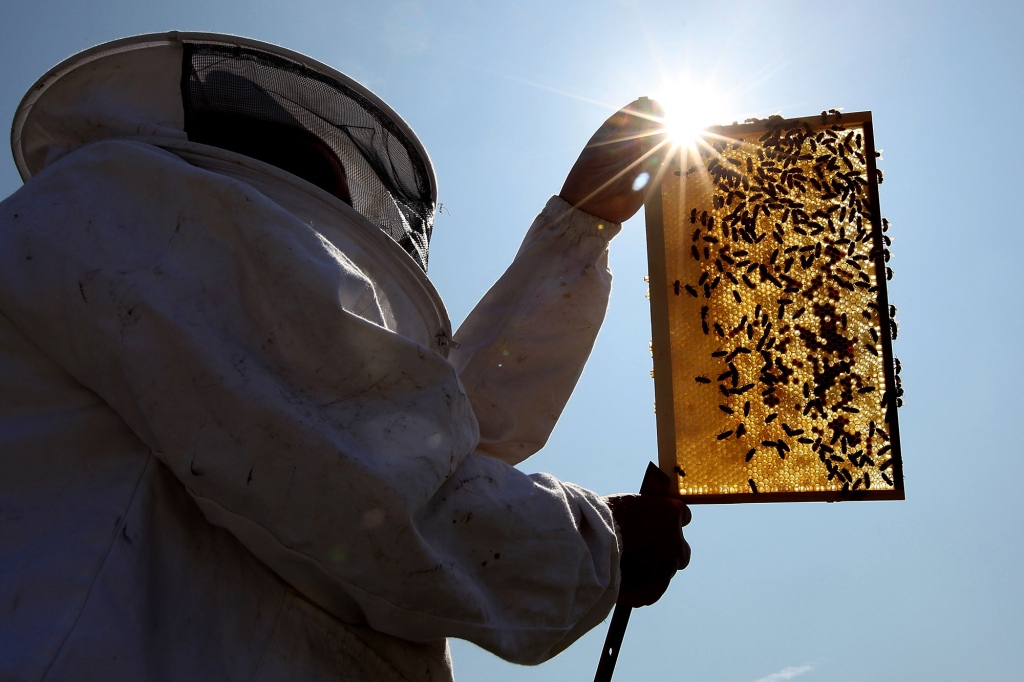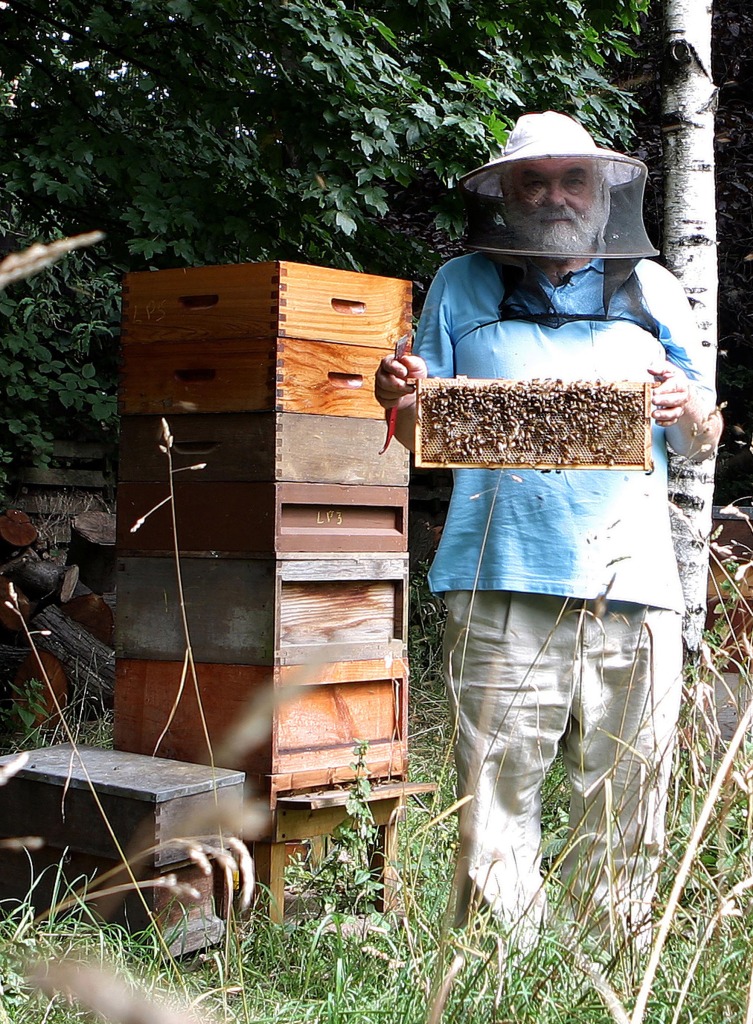Royal beekeeper tasked to inform queen’s bees of her death
The royal bees were stung by the news.
Royal beekeeper John Chapple officially informed the beehives, situated on the grounds of Clarence House and Buckingham Palace, of the queen’s death last week and that King Charles has ascended to the throne.
The tradition, called “telling the bees,” demands that the bees be informed of the monarch’s passing in a hushed tone, the Daily Mail reported.
A traditional custom in many European countries, “telling the bees” started centuries ago According to tradition, the bees must be told of important events in their keepers’ lives, such as births, marriages or departures from the household.
It is said that if the bees are not told of important events, there will be a penalty to pay such as bees leaving their hive, stopping the production of honey, or even dying.
“I’m at the hives now, and it is traditional when someone dies that you go to the hives and say a little prayer and put a black ribbon on the hive,” the 79-year-old beekeeper told the Daily Mail. “The person who has died is the master or mistress of the hives, someone important in the family who dies and you don’t get any more important than the queen, do you?”

Chapple continued saying that it is proper for the person performing the custom to ask them to serve the next leader.
“You knock on each hive and say, ‘The mistress is dead, but don’t you go. Your master will be a good master to you,’” said Chapple. “I’ve done the hives at Clarence House and I’m now in Buckingham Palace doing their hives.”

Chapple revealed that at the height of the summer, he was caring for nearly a million bees.
“At this time of year, each hive contains 20,000 each, maybe a bit more but I’m not very good at counting them. It’s over a million in the summer,” he said.
Chapple also said it was pure accident that he got the job.

“I got an email from the head gardener here at Buckingham Palace to come here and talk about bees,” recalled Chapple. “I thought they had a problem with bees but it turned out they wanted to keep bees so henceforth I look after the bees here.”
Chapple said that he has been caring for the royal bees for nearly 15 years and hopes that the new occupants of Buckingham Palace will allow him to continue his work.
“It has been a wonderful privilege to do things like this for the queen and hopefully now for the king,” said Chapple. “I hope they still want to keep the bees on their premises. You never know. They might say, take them away, but I don’t think that will [be] happening though really you do never know … It’s up to the new tenant of Buckingham Palace.”
Read the full article Here


